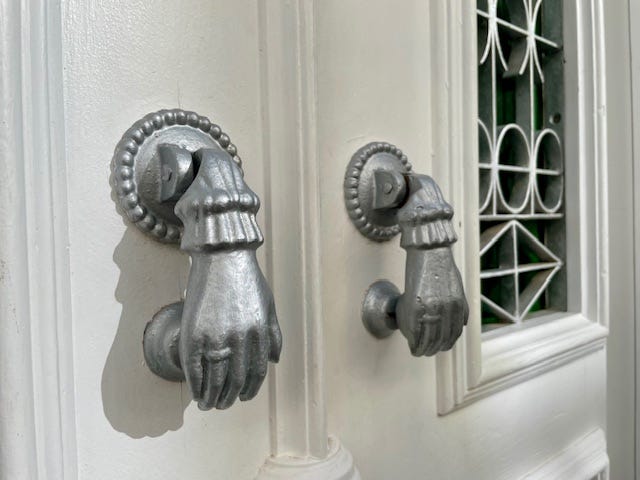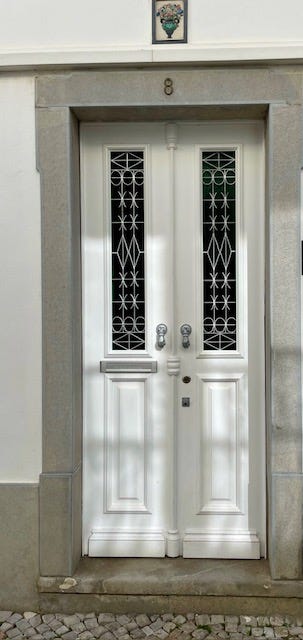An Immigrants Definition of Home!
What is "home" for digital nomads and those living abroad
As the Uber driver came to a stop, I paused for a moment, exhaling a prolonged sigh, retrieved my suitcase, and felt the September evening sea breeze drift across my face. A dear friend who had sublet my apartment for the summer stood with a welcoming smile in the tall, slim, carved doorway. I was home.


It had been 2 ½ months of carry-on only European t…


